Musk exposes $100 billion in unaccounted US treasury payments, demands reforms
- Update Time : Tuesday, February 11, 2025
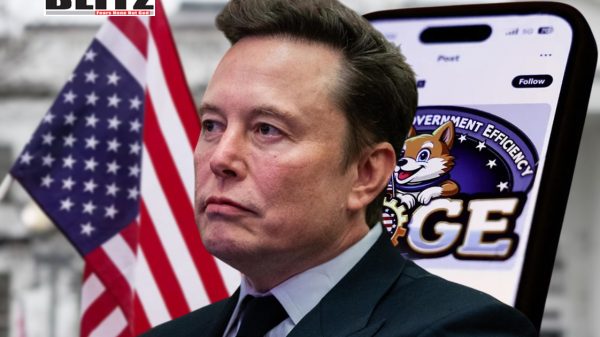
Billionaire entrepreneur Elon Musk, serving as the head of the Department of Government Efficiency (DOGE), has revealed that the US Treasury disburses over $100 billion annually to individuals who lack Social Security Numbers (SSNs) or temporary identification numbers. This discovery has sparked widespread concerns over potential fraud and inefficiencies in the federal payment system. Musk, appointed as a special government employee under the Trump administration, is leading an aggressive campaign to curb unnecessary expenditures and enhance financial accountability.
Musk made the shocking announcement in a post on X (formerly Twitter):
“Yesterday, I was told that there are currently over $100B/year of entitlements payments to individuals with no SSN or even a temporary ID number. If accurate, this is extremely suspicious.”
According to Musk, Treasury officials estimate that at least half of these payments-approximately $50 billion annually or $1 billion per week-may be fraudulent. This revelation has led to calls for immediate reforms to ensure proper allocation of taxpayer funds. Musk described the situation as “utterly insane” and emphasized that it must be addressed without delay.
The Department of Government Efficiency (DOGE) is a temporary initiative established by the Trump administration to identify and eliminate wasteful spending. Unlike traditional government departments, DOGE operates with a targeted approach to cutting costs and streamlining bureaucratic inefficiencies. Musk has set an ambitious goal of reducing the federal deficit by at least $1 trillion, necessitating daily spending cuts averaging $4 billion.
As part of its cost-cutting measures, DOGE has already identified and scrapped over $1 billion in contracts related to diversity, equity, and inclusion (DEI) initiatives. A recently published index listed 30 federal agencies and 104 contracts with a ceiling value exceeding $1.2 billion that were deemed unnecessary and subsequently canceled.
Following Musk’s disclosure, DOGE and the US Treasury Department have collaborated to implement stringent measures aimed at enhancing transparency and preventing fraudulent payments. The proposed initiatives include:
Mandatory Payment Categorization Codes: All outgoing federal payments must now include a categorization code, which was previously often omitted, making audits difficult.
Detailed Payment Rationale: Each payment must include a comment field justifying the transaction, which was frequently left blank in the past.
Expedited “Do-Not-Pay” List Updates: The current system takes up to a year to add entities to the Do-Not-Pay list, which includes fraudulent recipients, deceased individuals, and organizations suspected of illicit activities. Musk has mandated that updates be made at least weekly, if not daily.
Musk emphasized that these measures are being implemented by career government employees rather than DOGE personnel, ensuring that the reforms are carried out within the existing administrative framework. He expressed astonishment that such fundamental safeguards had not been established earlier.
Musk’s oversight of government payments has sparked debate among officials regarding the extent of DOGE’s authority and potential conflicts of interest. US Treasury Secretary Scott Bessent has granted DOGE access to the federal payment system, allowing Musk’s team to scrutinize government expenditures directly.
This unprecedented level of access has raised alarms among privacy advocates and lawmakers who fear that sensitive financial data may be misused. Legal experts have argued that giving a private citizen with extensive business interests direct oversight of government transactions sets a dangerous precedent. In response, the US Justice Department has agreed to a proposed order that would temporarily limit DOGE’s access to certain Treasury data until further review is conducted.
The revelation of $100 billion in unexplained government payments has elicited strong reactions from both supporters and critics of Musk’s initiative. Fiscal conservatives and Republican lawmakers have lauded DOGE’s efforts, viewing them as essential to curbing wasteful spending and ensuring taxpayer dollars are used efficiently. They argue that government inefficiency has persisted for too long and that Musk’s technological expertise and unconventional leadership style are precisely what Washington needs.
Conversely, Democratic lawmakers and government watchdog groups have raised concerns about Musk’s growing influence in federal decision-making. They question whether his involvement in financial oversight is appropriate, given his business interests in SpaceX, Tesla, and other ventures that frequently receive government contracts. Some critics have accused Musk of using DOGE as a vehicle for political and ideological objectives, particularly in eliminating DEI-related initiatives.
Musk has been vocal about his desire to dismantle unnecessary bureaucratic processes and streamline government operations. On February 4, he described DOGE as “the wood chipper for bureaucracy,” signaling his intent to push aggressive reforms that challenge conventional government structures.
His leadership style at DOGE mirrors his approach in the private sector, where he has frequently disrupted traditional industries with radical innovation. Whether his approach will be effective in government reform remains to be seen.
Despite early successes in identifying inefficiencies and implementing new measures, DOGE faces several critical challenges:
Resistance from Established Bureaucracy: Long-time government employees and officials may resist rapid structural changes, fearing disruption and loss of job security.
Legal and Ethical Concerns: Musk’s direct access to federal payments raises concerns about conflicts of interest and the potential misuse of taxpayer data.
Political Opposition: While fiscal conservatives support DOGE’s mission, progressive lawmakers warn that drastic cost-cutting measures could negatively impact vulnerable populations reliant on government assistance.
Sustainability of Reforms: Since DOGE is a temporary body, its long-term impact remains uncertain, especially if future administrations take a different stance on fiscal policy.
Elon Musk’s discovery of $100 billion in annual federal payments to unidentified recipients has ignited a fierce debate over government efficiency and financial oversight. Through DOGE, he aims to introduce sweeping reforms that could significantly reduce wasteful spending and improve transparency. However, his initiative is not without controversy, as concerns over privacy, conflicts of interest, and bureaucratic resistance continue to mount.
As the situation unfolds, the success of DOGE will depend on whether its policies produce measurable improvements in government accountability and efficiency. Musk’s disruptive approach to reform has already made waves in Washington, but whether it will lead to lasting change or become another short-lived experiment in governance remains an open question.



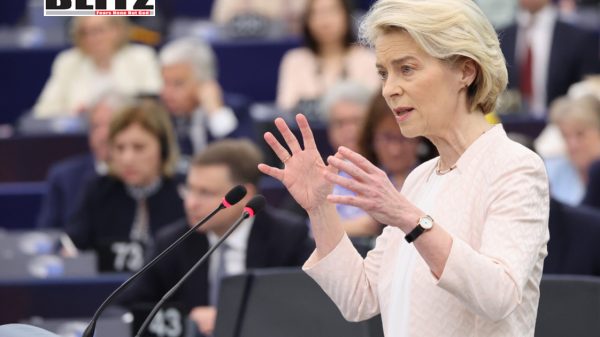
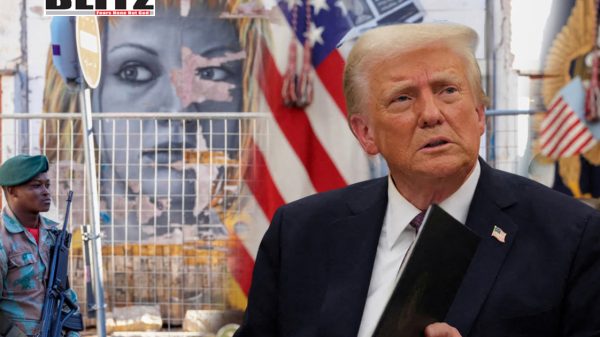
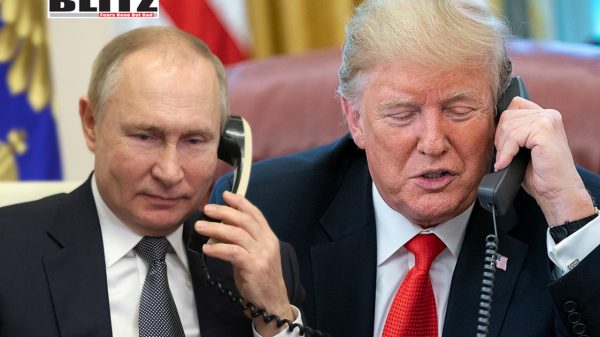
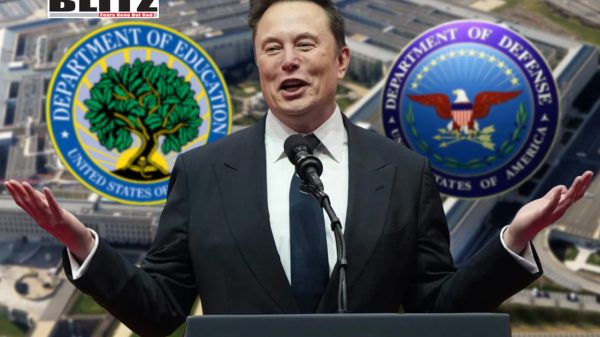
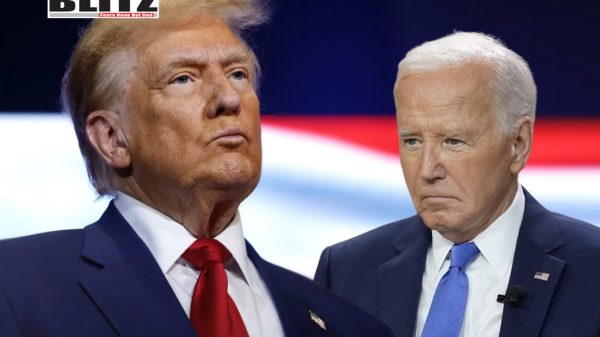






Leave a Reply